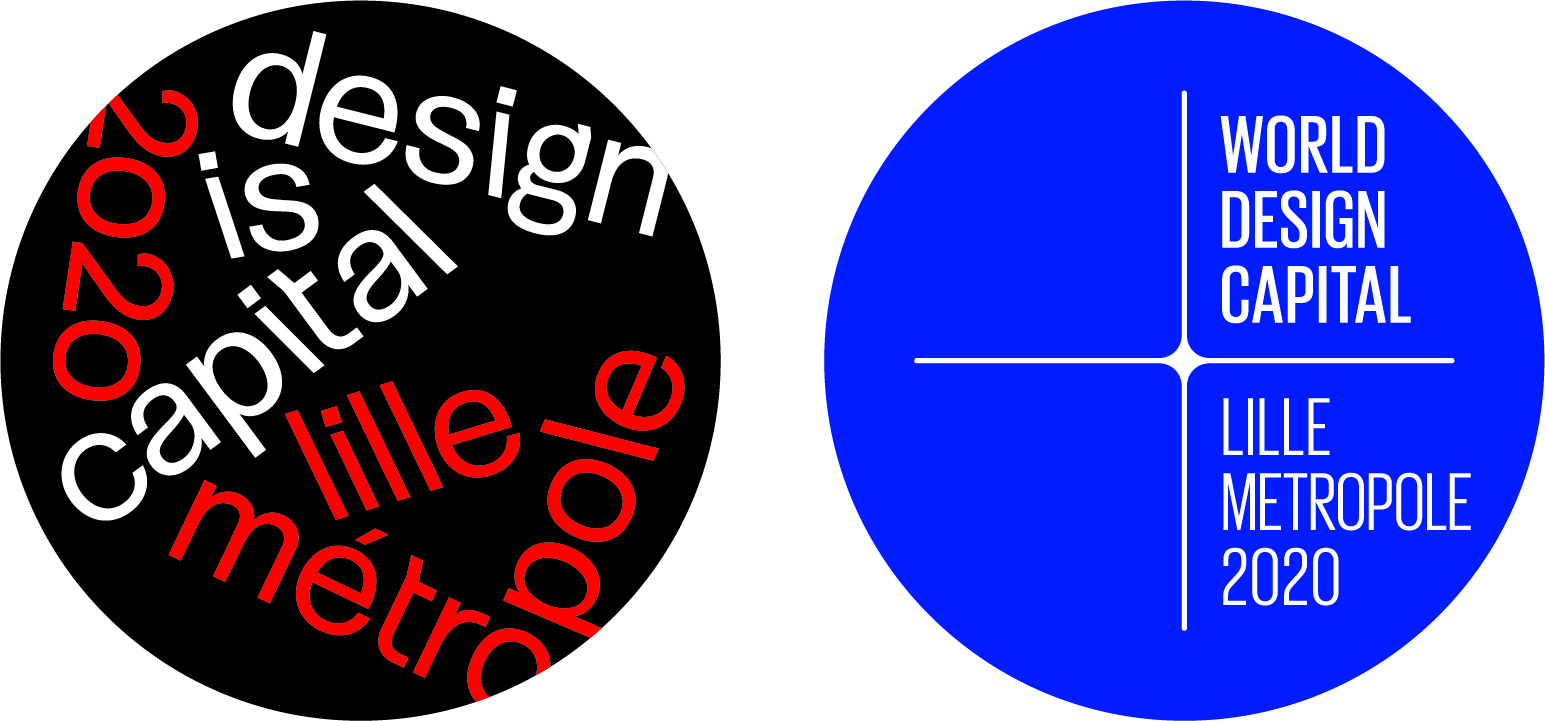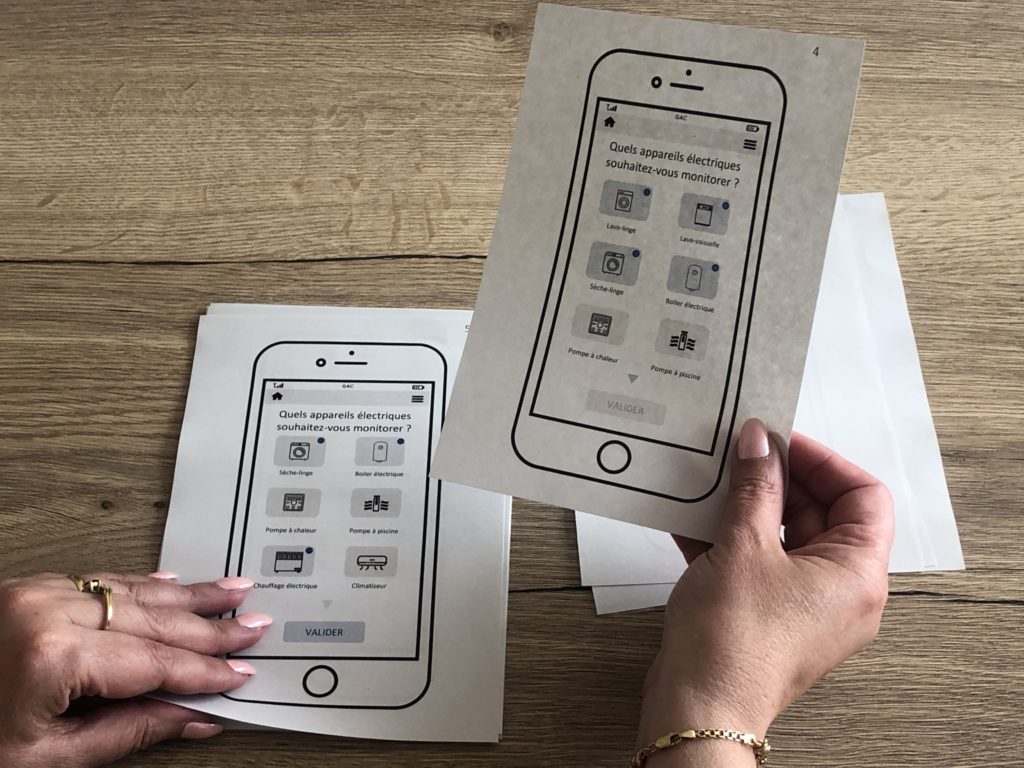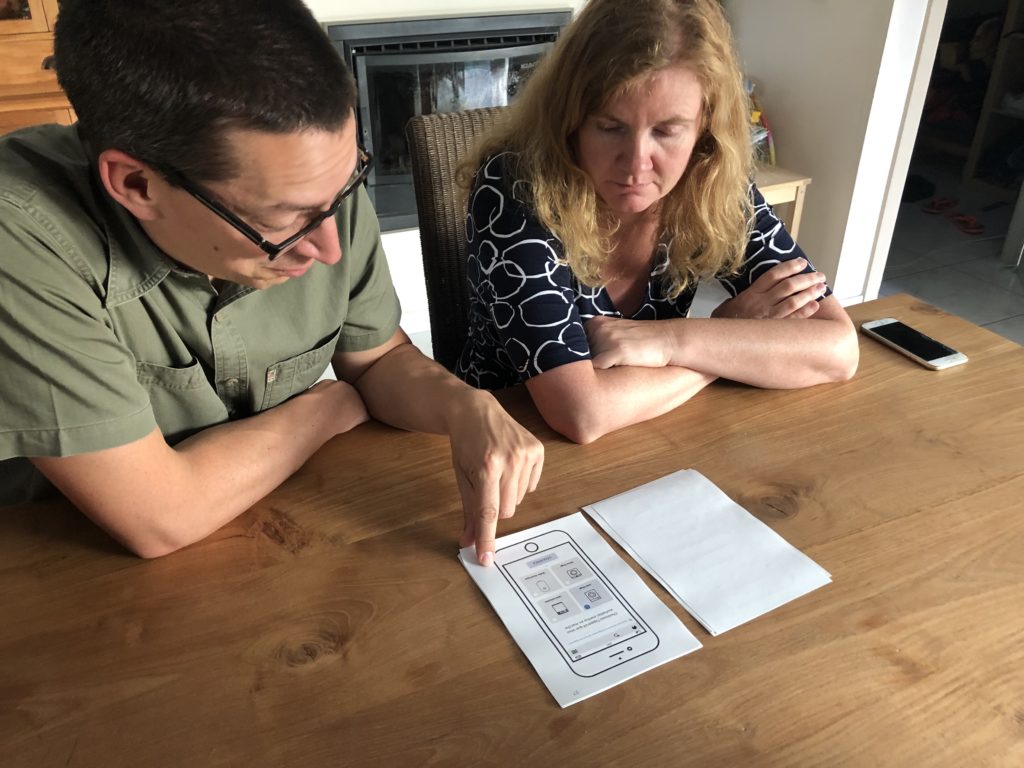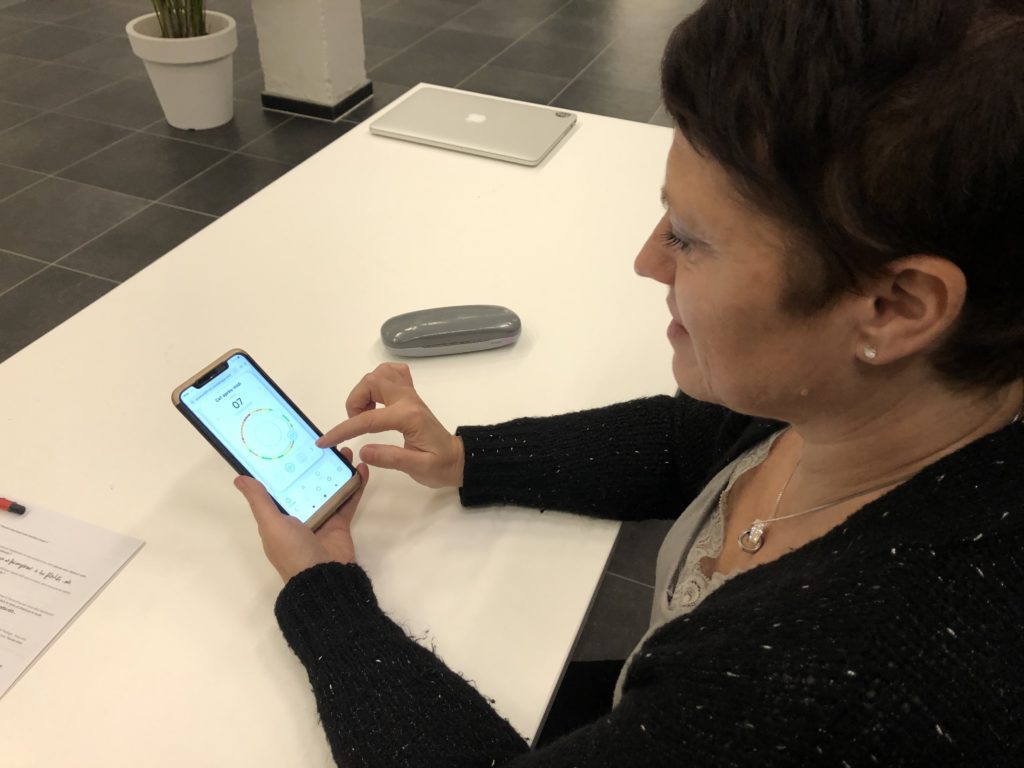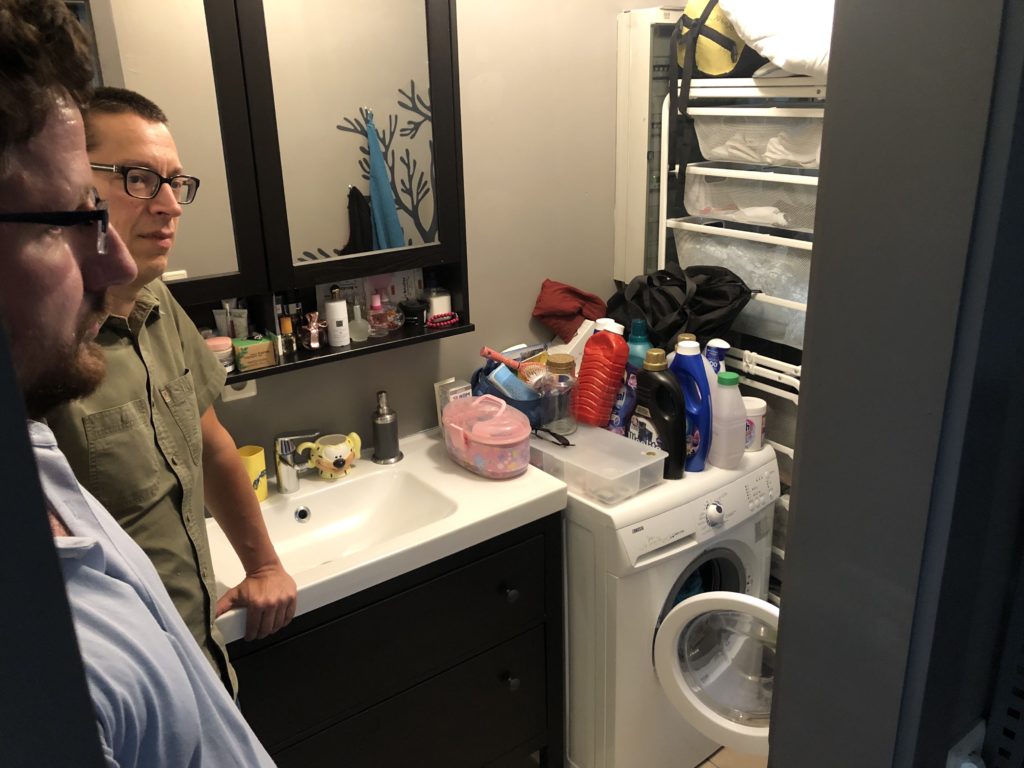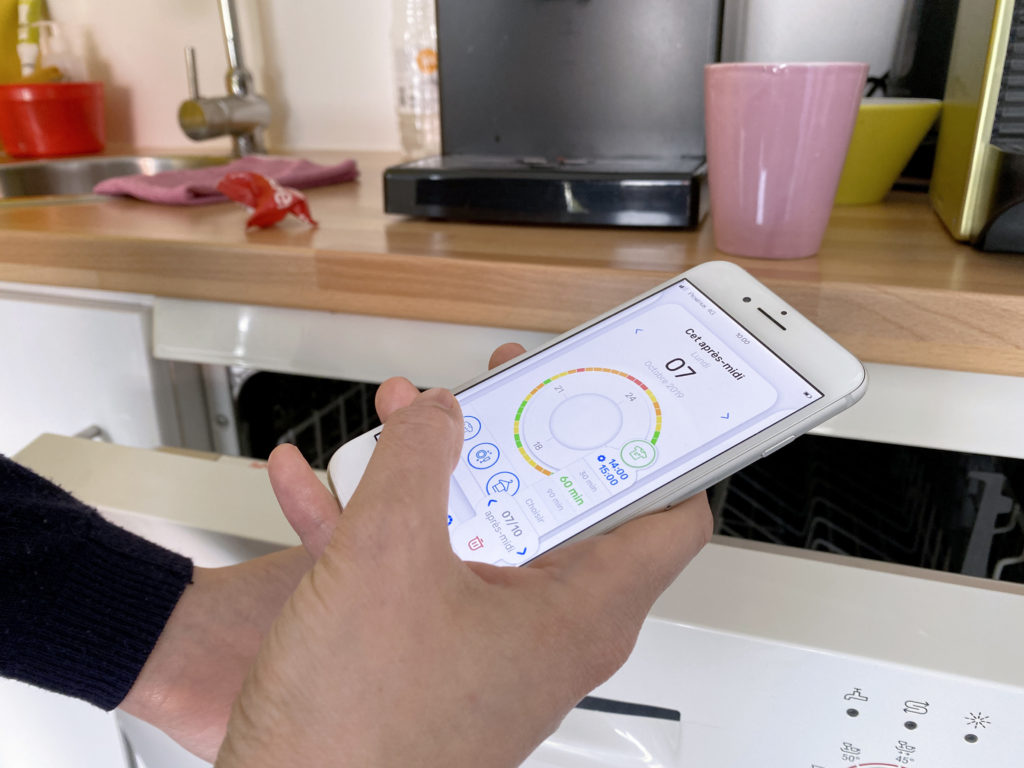POC GAC, Active Consumption Management
What is the energy today?
We use our washing machine and all other home appliances whenever it suits us. However, rooftop photovoltaic panels produce electricity only during daylight and especially during sunny days, leading to moments of overproduction and non-use of the energy. This implies that there is a need to review our habits in order to start using energy when it is available, to avoid collective consumption peaks and make the most of local production, without overloading the network.
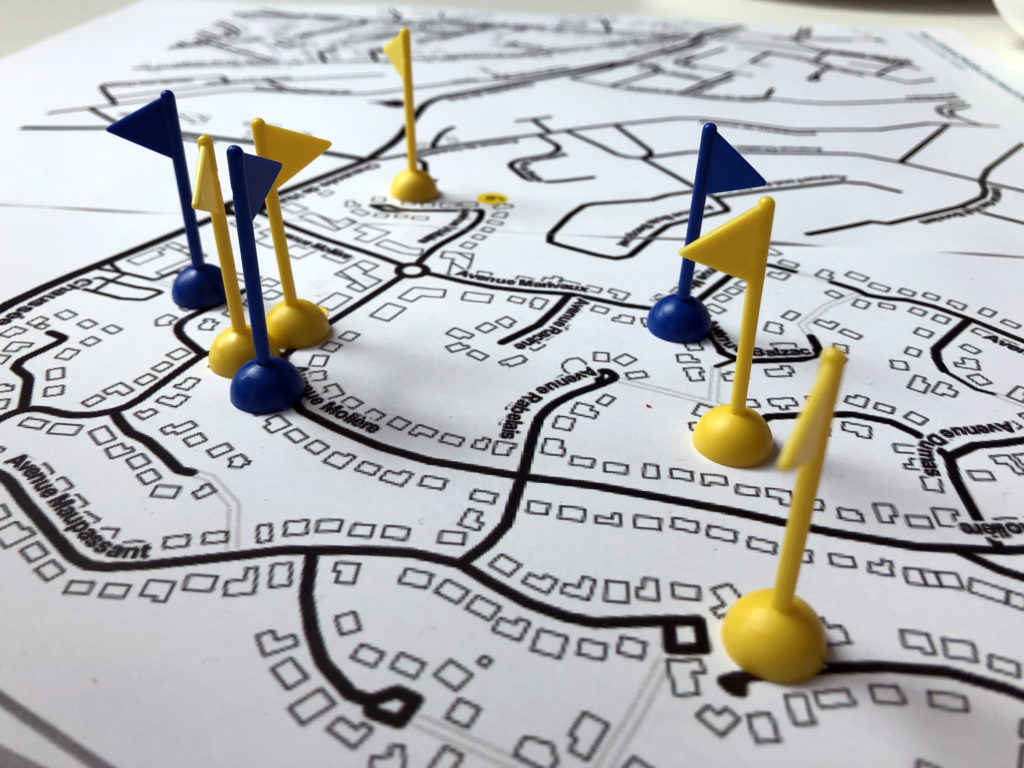
“Energy efficiency community” neighbourhood
The GAC (Gestion Active des Consommations) research project, or “Active Consumption Management”, aims to explore how neighbourhoods might collaboratively manage their consumption of locally produced energy, to become flexible and active “energy efficiency communities”.
A research consortium led by the firm GreenWatch, funded by Belgium’s Walloon Region, is seeking to develop an app that would help households avoid using their washing machine at the same time as their neighbours, or let them program their dishwasher at the most suitable times, to get the most out of the electricity produced by the surrounding photovoltaic panels.
Energy clock
Institut de Gestion de l’Environnement et de l’Aménagement du Territoire de l’Université Libre de Bruxelles and Strategic Design Scenarios lab have implemented a co-design process within 49 volunteering households in a neighbourhood of Wavre: how do you prompt people to care about coordinating their energy use with their neighbours? Appointing a “dishwasher time” in a calendar, consulting today’s “weather-energy”, checking the neighbourhood’s “consumption map”… the app’s design explores how to establish new daily routines.
What seems to emerge is the practice of checking your “energy clock” in order to see “what energy is there now”. The app, still in the process of finalisation, will be tested in 2021 to assess whether it succeeds in transforming sustainably household habits and reduce their collective impact on the environment.
- Holders: Greenwatch
- Designer: Strategic Design Scenarios
- Stakeholders: AREWAL, CETIC, Haulogy, Institut de Gestion de l’Environnement et de l’Aménagement du Territoire de l’Université Libre de Bruxelles
- Photo credits : Strategic Design Scenarios, POC GAC, Active Consumption Management
